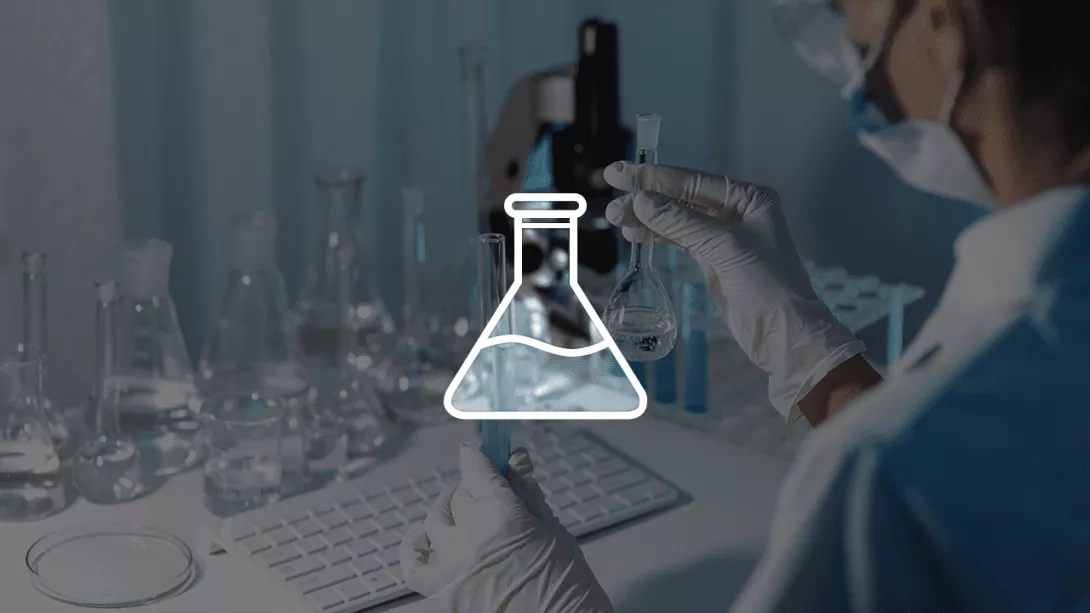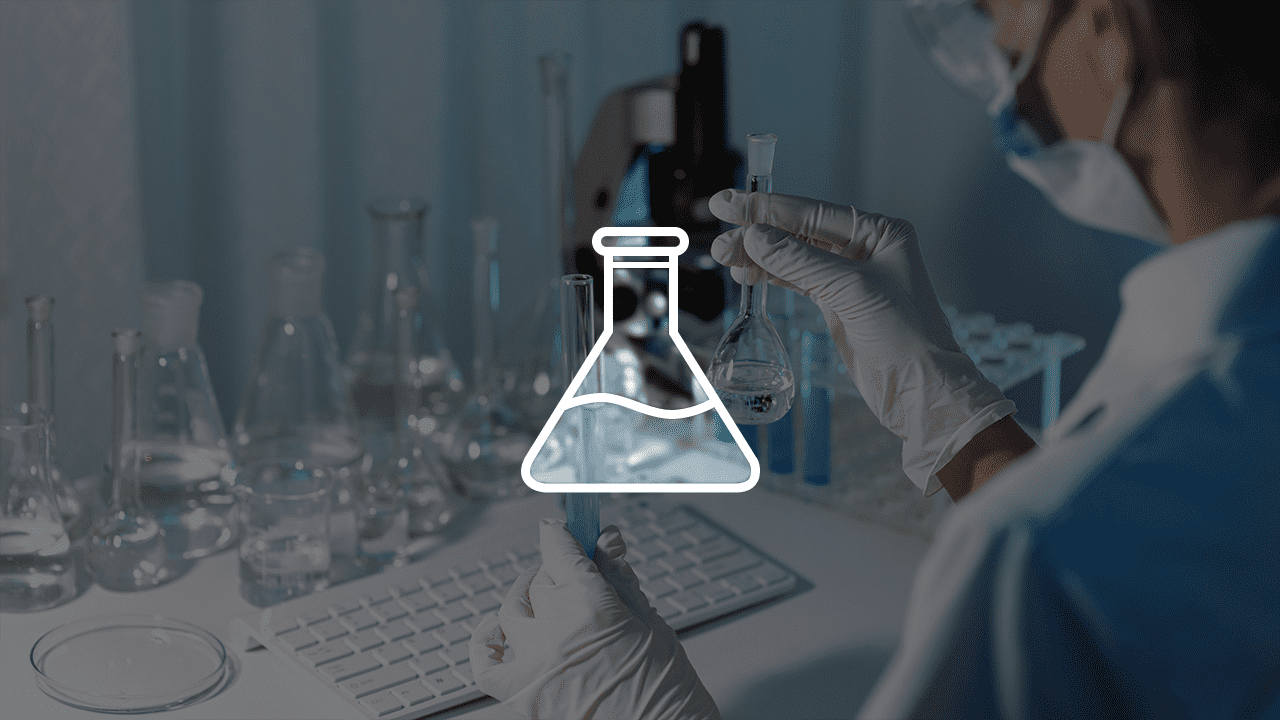Water is vital for our existence, and it is of utmost importance to ensure its quality in order to uphold good health. While water may appear clean and clear, it can contain dissolved solids that affect its taste, odor, and overall quality. To assess these impurities, a Total Dissolved Solids (TDS) tester comes in handy. In this article, we will delve into the importance of understanding TDS and why a water test using a TDS meter is a superior method for evaluating water quality.
What Does TDS Mean for Water Quality?
Total Dissolved Solids (TDS) is a term frequently encountered when discussing water quality. Essentially, TDS refers to the concentration of dissolved solids in water. These solids can include minerals, salts, metals, and other substances that have dissolved in the water. Conducting a TDS test provides valuable insights into the overall purity and quality of water, serving as a fundamental indicator of its suitability for various purposes, from drinking to industrial applications.
When answering the question of why you need a TDS meter, it is important to understand what it measures. A TDS meter is a device that measures the electrical conductivity of water, which is directly related to the concentration of dissolved solids. Higher TDS levels often indicate the presence of more dissolved substances in the water. For instance, hard water TDS levels tend to be elevated due to the increased concentration of minerals like calcium and magnesium. Using a hard water tester can help determine the extent of mineral content, which is crucial for understanding water hardness and its potential impact on appliances, plumbing, and even personal care.
While TDS levels can vary significantly depending on the water source and treatment processes, many experts recommend that drinking water with a TDS level below 500 ppm (parts per million) is generally considered safe for consumption. However, the question of how much TDS in water is good for health remains a topic of debate among health professionals. Some argue that minerals in water can be beneficial, while others emphasize the importance of minimizing dissolved solids to reduce potential health risks. Regardless, understanding how to test TDS in water allows individuals to monitor and manage water quality effectively, ensuring a safer and more enjoyable drinking experience.
How To Use A TDS Tester And How To Read It
Using a dissolved solids tester is simple. It consists of a probe that is placed into a water sample. The meter then displays the TDS level, typically in parts per million (ppm). This reading provides valuable information about the water's purity. A low TDS level indicates cleaner and purer water, while a high TDS level suggests the presence of impurities.
What Else Could Be in Your Water?
While TDS meters provide a general overview of water quality, it's important to note that they do not identify specific contaminants. Some common impurities that might be present in your water include:
- Chlorine: Chlorine is commonly used to disinfect water supplies. However, high chlorine levels can result in an unpleasant taste and odor. Using a chlorine removal system, such as the Ecosoft Titanium Gold Ecomix Softener can significantly improve the water's taste.
- Heavy metals: Water sources near industrial areas or older plumbing systems may contain heavy metals like lead, copper, or mercury. These metals can have adverse health effects. The Ecosoft Artic Blue Softener is specifically designed to reduce the presence of heavy metals.
- Microorganisms: Bacteria, viruses, and other microorganisms can contaminate water and cause waterborne illnesses. The RF1665CE Water Softener employs advanced filtration technology to effectively eliminate harmful microorganisms, ensuring safe drinking water.
- Hardness minerals: Hard water, characterized by high levels of calcium and magnesium, can cause scale buildup in pipes and appliances. The Ecosoft P-URE AquaCalcium filter utilizes a unique method to soften the water by removing hardness minerals, prolonging the lifespan of your plumbing system.
- Other contaminants: Water can also contain pesticides, herbicides, pharmaceutical residues, and other pollutants. The Ecosoft MO16 filter employs a combination of activated carbon and selective resins to remove a wide range of impurities, delivering cleaner and safer water.
Choose a Water Test You Can Trust
While a TDS meter provides valuable information, it does not offer a comprehensive analysis of water quality. To gain a more thorough understanding of the contaminants in your water, it is recommended to conduct a comprehensive water test.
A professional water test conducted by an expert laboratory can identify specific contaminants and provide detailed information about their concentration levels. This information can guide you in selecting the most suitable water treatment solutions for your specific needs.
Water quality is of utmost importance for our overall well-being. Total Dissolved Solids (TDS) testers offer a convenient way to gain insights into the overall cleanliness of water. However, it's essential to remember that TDS readings alone do not provide a complete picture of water quality. To ensure the safety of your drinking water, consider conducting a comprehensive water test through a trusted laboratory. By identifying specific contaminants, you can make informed decisions regarding appropriate water treatment solutions.
Remember, water is not only essential for quenching your thirst but also for cooking, cleaning, and maintaining a healthy lifestyle. Invest in your health by prioritizing the quality of the water you consume and use on a daily basis.
Faqs
How often should I conduct a water test?
The frequency of water testing depends on various factors, including the source of your water, any previous issues, and local regulations. As a general guideline:
- Private wells: It is recommended to test private well water at least once a year for bacteria, nitrates, and other contaminants. Additional tests for pesticides or heavy metals may be necessary depending on the location and potential risks.
- Public water supplies: Public water suppliers are required to conduct regular testing and provide annual Consumer Confidence Reports (CCR) that detail the water quality. However, if you have concerns or notice changes in the water's taste, color, or odor, it's advisable to conduct independent testing.
What can a water test reveal about the quality of my water?
A water test can reveal various aspects of water quality, including:
- Bacterial contamination: Testing can detect the presence of harmful bacteria, such as E. coli or coliforms, which can cause waterborne illnesses.
- Chemical pollutants: The test can identify the presence of chemicals like lead, arsenic, nitrates, pesticides, or volatile organic compounds (VOCs) that may pose health risks.
- pH and mineral content: Water tests can measure the pH level and the concentration of minerals, such as calcium, magnesium, or iron, which may affect taste, hardness, or corrosiveness.
- Overall safety: A comprehensive water test provides an overall assessment of the safety and compliance of your water supply with regulatory standards.
How can I get a water test done?
There are different options for getting a water test done:
- Local laboratories: Many local or state health departments offer water testing services. They can provide instructions on how to collect the water sample and where to send it for analysis.
- Home testing kits: Home water testing kits are available for purchase online or in stores. These kits typically come with instructions and test strips or vials to collect the water sample. Some kits allow you to send the sample to a laboratory for further analysis.
- Professional services: You can also hire professional water testing services to collect the water sample and perform comprehensive analysis. They often provide detailed reports and recommendations based on the results.
Why should I consider a water test for my drinking water?
A water test is essential for understanding the quality and safety of your drinking water. It helps identify potential contaminants, such as bacteria, heavy metals, pesticides, or chemicals, that may be present in the water supply. By conducting a water test, you can make informed decisions about water treatment options, protect your health, and ensure the well-being of your family.
Are there any limitations or factors that can affect TDS readings?
Yes, there are several factors that can affect TDS readings:
- Temperature: TDS readings can be temperature-dependent, so it's essential to take measurements at a consistent temperature or use a TDS tester with automatic temperature compensation.
- Organic matter: TDS testers measure both inorganic and organic substances, so high levels of organic matter may contribute to higher TDS readings without indicating harmful contaminants.
- Dissolved gases: Gases dissolved in water, such as carbon dioxide, can affect TDS readings. Degassing the water sample before testing can help eliminate this interference.
- Sensor quality: The accuracy and reliability of TDS testers can vary depending on the quality and calibration of the device. Regular maintenance and calibration are necessary to ensure accurate readings.
How can I use a TDS tester effectively?
To use a TDS tester effectively, follow these tips:
- Ensure the tester is calibrated correctly according to the manufacturer's instructions.
- Rinse the testing probe with distilled or deionized water before and after each use to remove any residue.
- Submerge the testing probe into the water sample, avoiding any air bubbles, and wait for the reading to stabilize.
- Take multiple readings from different locations to get a representative average.
- Keep track of the readings over time to monitor any changes in water quality.
What do the TDS readings indicate about water quality?
TDS readings provide an estimate of the overall quality of the water based on the concentration of dissolved solids. Higher TDS levels may indicate the presence of minerals, salts, metals, or other impurities in the water. However, it's important to note that TDS alone doesn't provide specific information about the types of contaminants present. Additional testing may be necessary to identify specific substances or pollutants.
What is a TDS tester, and how does it work?
A TDS tester, also known as a Total Dissolved Solids tester, is a device used to measure the concentration of dissolved solids in a liquid. It works by measuring the electrical conductivity of the liquid, which is directly related to the concentration of dissolved solids. The tester provides a numerical value that indicates the TDS level, giving an idea of the overall water quality.








